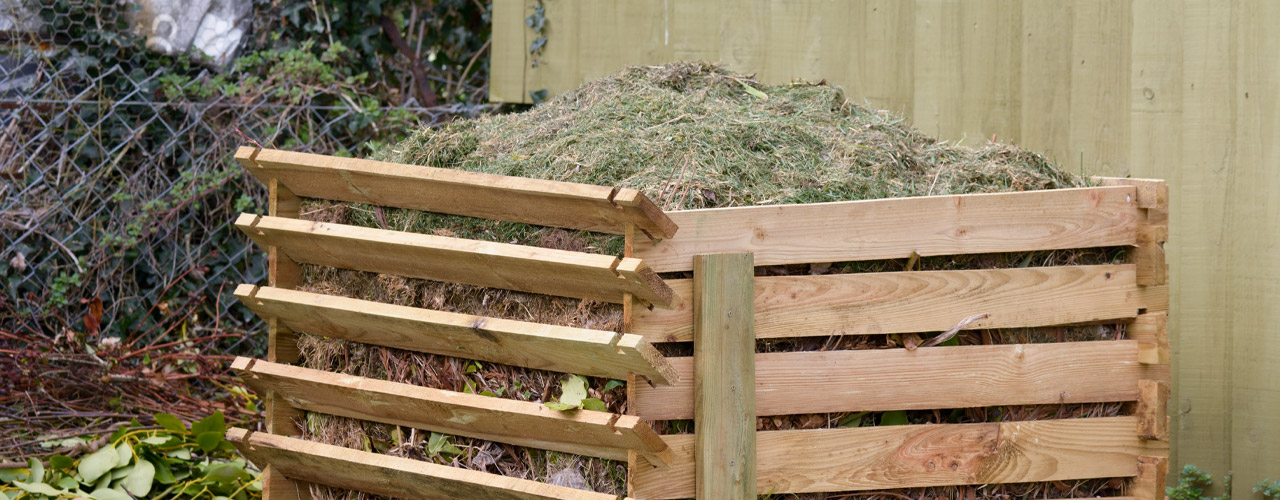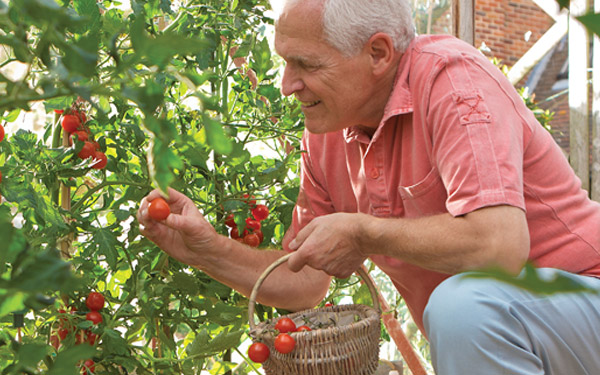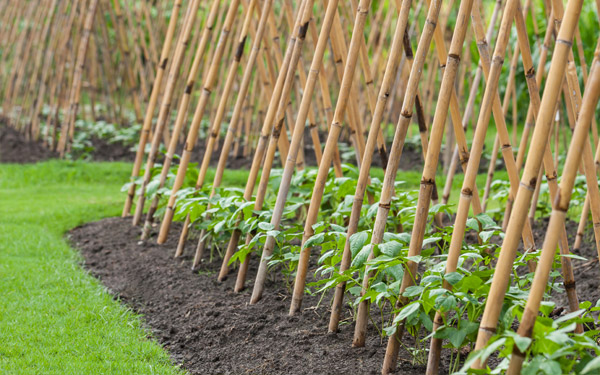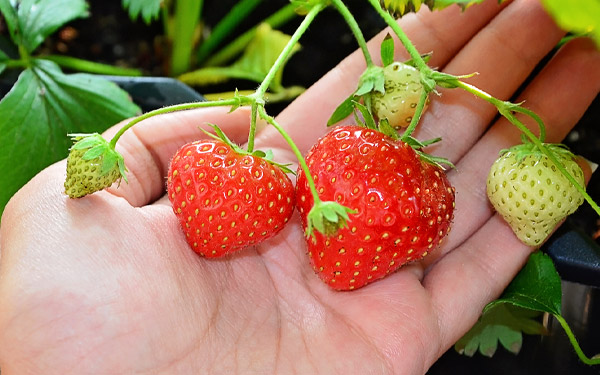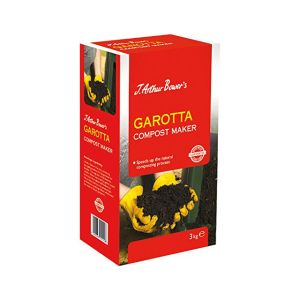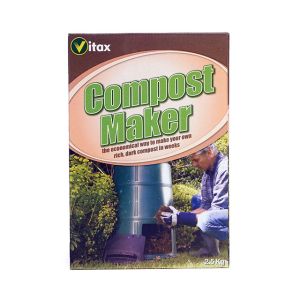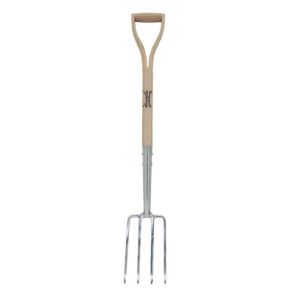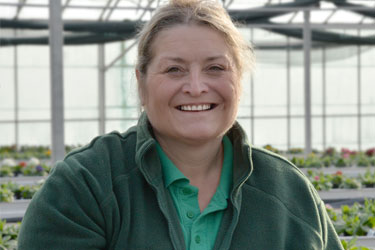How to Start Home Composting
How To Start Home Composting
Having a compost bin or heap in your garden is an environmentally friendly way to dispose of garden & kitchen waste. Plus it's great for your garden too, creating excellent compost to use as a soil improver, mulch or growing medium!
Why Make Home Compost?
Though most councils offer garden waste collections and provide small bins for kitchen waste, the transportation of this waste in fossil fuel guzzling trucks is less than ideal. Plus the compost produced has many uses for your garden and, depending on any improvers used, organic too!
How to Start
Starting your own compost is easy, all you need is some garden or kitchen waste and somewhere to put it! You can buy compost bins, make your own or just start a heap. Bins retain some warmth and moisture, helping to produce good quality compost faster than an open heap, but however you choose to do it will work eventually. What you're looking for is good drainage, ventilation, warmth retention and protection from rain (for instance an old rug or bit of carpet can protect the top of a heap). generally larger bins are more effective.
Location
You don't need a massive garden to make your own compost, but really small gardens may want to consider a wormery instead. You'll need to choose a site that avoids extreme temperatures and moisture, generally a sheltered position in light shade such as behind a shed (where it's out of site too!). If the bin has a plastic base or a heap is going on a hard material like paving then add some soil to the bottom before adding waste.
When?
You can make compost at any time, adding to it all year. However it's best to start when you have a large amount of waste, and late summer to early winter is the peak time for compost to be made.
How it Works
A compost pile is essentially a living ecosystem, with micro-organisms that break down the materials you add. These organisms function best in constant conditions, which is why you need a sheltered location.
Materials
The types of materials you add produce different results, green materials such as grass clippings, fruit and vegetables are rich in nitrogen, and brown materials such as twigs, wood chippings and carboard are high in carbon. Nitrogen rich materials compost faster, and carbon rich materials compost slowly, however if you only add green materials your compost will end up more like a green sludge, so a mix of both is best. You want at least 50% brown materials.
Green Materials
Grass clippings, soft & leafy plants such as weeds, fruit, vegetables, uncooked kitchen waste, and some types of pet waste/bedding.
Brown Materials
Prunings, hedge trimmings, woodchip, leaves, paper, cardboard, straw and plant stems. Most of these are best added shredded.
What Not to Add
Avoid adding diseased plants, perennial weeds, cooked food, citrus fruits, raw meat, dairy products, gloss or colour printed paper, cat or dog faeces, autumn leaves.
Accelerators
If green waste is in short supply you can add accelerators that are rich in nitrogen. Carbon based activators are also available if the majority of your waste is green materials such as grass clippings and you are low on brown materials.
Turning & Maintaining
You can speed up the composting process by turning the contents regularly (about once a month) which helps add air and avoid compaction. During the summer the compost may dry out, in which case you can sprinkle in a small amount of water when turning.
When is it Ready?
It can take anywhere from 6 months to 2 years for compost to be ready. What you're looking for is compost that's dark brown, with a crumbly texture and a slightly sweet smell similar to damp woodland.
Problems
if the compost is wet, slimy and smelly then it is either not getting enough air, has too much water or both. To remedy these cover the compost and add more brown waste. If the compost is very dry and fibrous with little rot, then it is likely caused by being too dry and too much brown material. To fix this add green waste, try a nitrogen accelerator or add fresh manure or fertiliser. If there are flies then you need to ensure kitchen waste is covered after adding and moisture levels are not too high.

